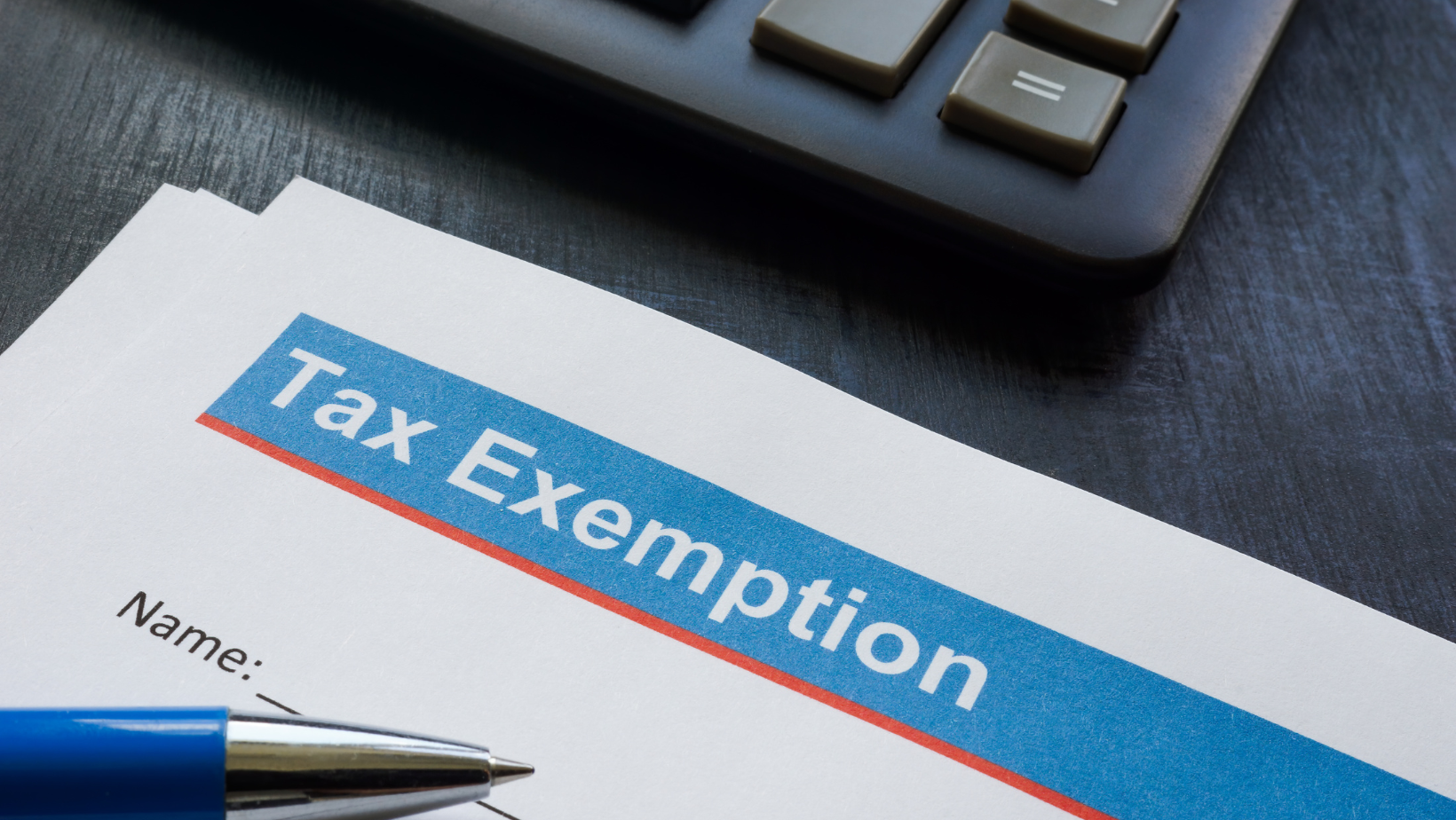The Internal Revenue Service (IRS) has focused on promoters of such dubious transactions to tighten the noose around tax avoidance schemes. As per the IRS, these promoters actively promote improper methods to reduce tax liabilities, undermining the spirit of voluntary tax compliance. In recent years, there has been a surge in IRS efforts to curb such activities, with the establishment of the Office of Promoter Investigations (OPI) in 2021.
The OPI’s primary objective is to intervene early in the tax avoidance transaction market to identify and swiftly deter inappropriate promotional activities. With significant resources allocated to these efforts, the IRS is ramping up investigations targeting promoters. The penalties commonly levied on such conduct are those outlined in Sections 6700, 6701, and 6694 of the tax code.
Section 6700 penalizes individuals or entities involved in organizing or selling interests in partnerships or arrangements, imposing fines based on false or fraudulent statements made regarding tax benefits. Meanwhile, Section 6701 targets those aiding or advising in preparing documents, leading to understating tax liabilities, with penalties ranging up to $10,000 per corporate customer. Section 6694 penalizes preparers of tax returns, resulting in unreasonable positions, with fines up to $1,000 or 50% of the derived income.
Promoter audits conducted by the IRS often entail broad investigations, requiring extensive document submissions and cooperation. Strategies for handling such audits include limiting the scope of the investigation, maintaining civility to mitigate potential criminal exposure, and preparing robust penalty defenses.
Moreover, timely record-keeping is emphasized to avoid detrimental inferences, as the absence of supporting documents could work against the promoter in court. While seeking swift resolutions is advisable, prolonged audits without statutory limitations demand meticulous preparation for potential litigation.
A critical decision for those undergoing promoter audits is whether to inform their clients. While confidentiality may be preferred, transparency about ongoing IRS scrutiny can be beneficial, considering the likelihood of third-party interviews during investigations.
The associated penalties pose significant financial risks as the IRS intensifies its crackdown on tax avoidance promoters. Entrepreneurs, small businesses, and freelancers must navigate these challenges strategically, seeking legal counsel and considering client communication amidst ongoing IRS scrutiny. Transparency and compliance remain critical pillars in safeguarding against the repercussions of promoter audits.
Source ( Accounting Today News).



